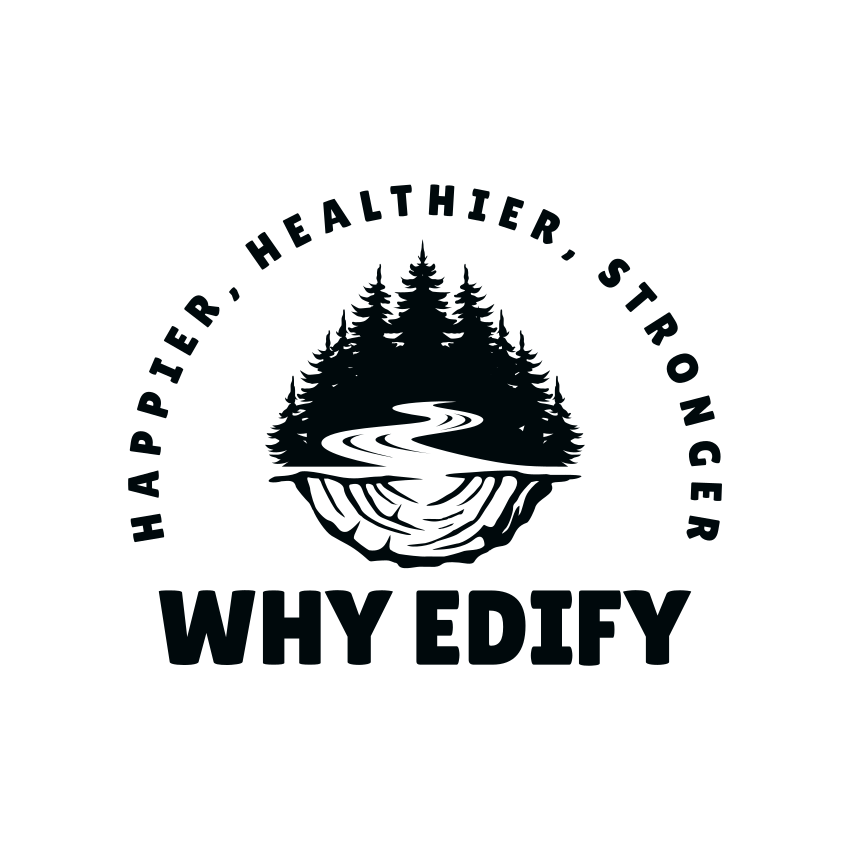Human Connection
Topics for this week include summer school reading, the importance of human connection in schools and great books to read this summer.


This week, I’ve been wondering how much screen time has impacted students’ behavior and cognitive endurance (see #2).
I have a feeling the impact is quite large.
Maybe schools should become safe havens from screens—places where students communicate, work together, read, and write so they develop the critical thinking skills and academic stamina to truly make and do great things.
What do you think?
The Friday Five
1 - Reading Together
Summer education programs are implementing an innovative approach to help students succeed in their reading skills. These programs involve students gathering in small groups to read books aloud.
This method helps teenagers improve their reading speed and smoothness, which is especially important since many students struggle with focusing after spending more time on digital devices.
The programs typically run for about an hour daily, with teachers and students taking turns reading. Teachers demonstrate proper reading techniques, including expression and proper pacing, while students practice these skills in a supportive group environment.
This shared reading experience improves students' reading abilities and helps create a sense of community. During a summer program, students typically complete three full books together.
Here are three engaging ways teachers can implement book club-style reading:
- Character Voice Assignment—Assign different characters to students and have them read their parts throughout the book. This builds on the shared reading approach while adding a fun, dramatic element that can increase engagement and expression in reading.
- Prediction Pauses—Create brief strategic pauses during key moments in the story to build suspense and engagement. This takes advantage of the communal reading experience, which creates those "collective gasp" moments while maintaining the flow of the reading session.
- Expression Competition—Turn the focus on reading expression into a friendly competition where students can vote on who best captures the emotion or tone of a particular passage. This builds on the emphasis on reading with proper expression while making it more interactive and fun.
2 - Human Connection
As schools change with new technology, we need to think differently about how we teach students. Teachers today need to do more than share facts - they need to help students work together, understand themselves, and learn skills they can use in many situations.
While computers and AI can help students learn in personalized ways, the most important part of school is still the human connection. Students need to learn how to think creatively, solve real problems, and communicate well with others.
Schools should focus on teaching these human skills while using technology in smart ways that actually help students learn better.
This podcast does a nice job addressing these ideas.
3 - Summer Reading List
A few weeks ago, I shared a resource describing how reading can help you live longer. The Atlantic's summer reading list for 2025 features 24 diverse books spanning various genres and themes.
The carefully curated selection includes compelling fiction, thought-provoking memoirs, and insightful non-fiction works. Notable recommendations include Nathan Thrall's Pulitzer-winning narrative about a tragic bus accident in Jerusalem, Jeff Passan's deep dive into baseball's Tommy John surgery epidemic, Tao Leigh Goffe's examination of climate change's colonial origins, and Emma Brockes' personal account of navigating single motherhood.
Pick a few books for your summer reads and add some years to your life.
4 - None of Your Business
“What people in the world think of you is really none of your business.” ― Martha Graham
5 - Teacher Commuter Playlist: It’s A Beautiful Morning by the Rascals
Have a great weekend!
Jeremy
❤ Enjoy this Newsletter?
🍵 Show Your Support and 🤗 Share It



